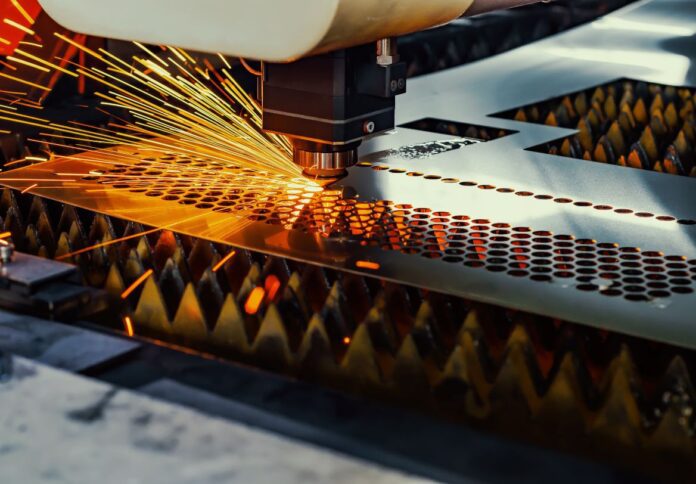
Weld Australia has called on both federal and state governments to urgently address the impact of east coast gas exports on domestic energy prices, warning that manufacturers are reaching a breaking point.
The appeal follows the release of new research from The Australia Institute, which found that wholesale gas prices have more than tripled and electricity prices have nearly doubled since the commencement of large-scale gas exports in 2015, according to a news release from Weld Australia.
According to the report, the average wholesale gas price rose from $3.33 to $9.67 per gigajoule – a 190 per cent increase – while electricity prices climbed 73 per cent over the same period.
The report attributes this to the decision to allow unrestricted gas exports, exposing the domestic market to international price volatility and global events such as the war in Ukraine.
Geoff Crittenden, CEO of Weld Australia, said manufacturers are now struggling to cope with rising energy costs.
“Gas exports have exposed Australian manufacturers to international price volatility and cost blowouts that are decimating their competitiveness,” said Crittenden.
“Our industry is already under intense pressure from subsidised imports. Rising energy costs are a double blow many can’t survive.”
Crittenden also criticised government inaction over the past decade. “It beggars belief that, for over a decade, governments have allowed LNG producers to export surplus uncontracted gas while Australian manufacturers struggle to secure affordable supply. The system is broken, and it needs to be fixed now,” he said.
The report further noted that gas-fired power generation, which often sets the marginal price of electricity in the National Electricity Market, is amplifying cost pressures on manufacturers.
“Australia’s manufacturing sector, particularly advanced fabrication, relies on energy certainty and affordability,” Crittenden said. “The current approach prioritises profits for foreign-owned gas giants over Australian jobs, industry resilience, and energy security. That must change.”
Weld Australia said it is advocating for a national domestic gas reservation policy, the introduction of export restrictions during supply shortfalls, support for electrification and renewables, and reform of the electricity market’s pricing mechanisms.
“We are standing on the edge of industrial decline,” said Crittenden. “With the right policy settings, Australia can become a manufacturing powerhouse again. But unless we act now, we risk losing an entire generation of capability.”


















